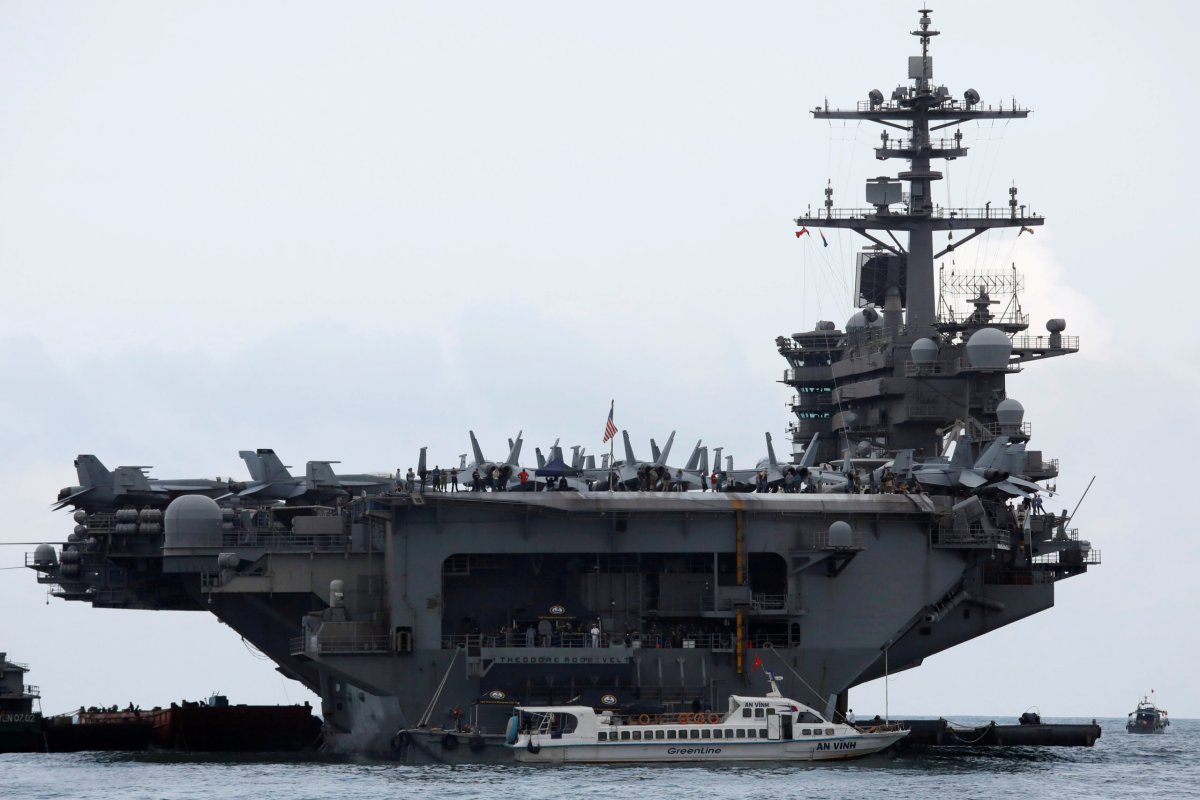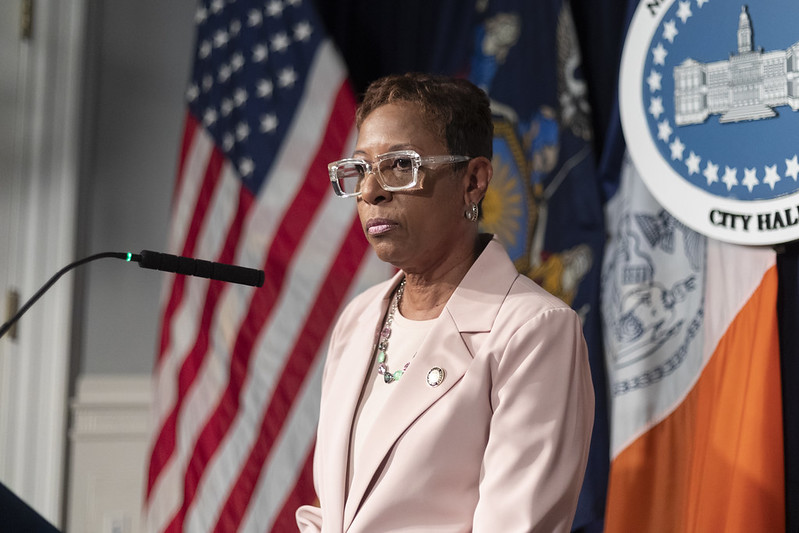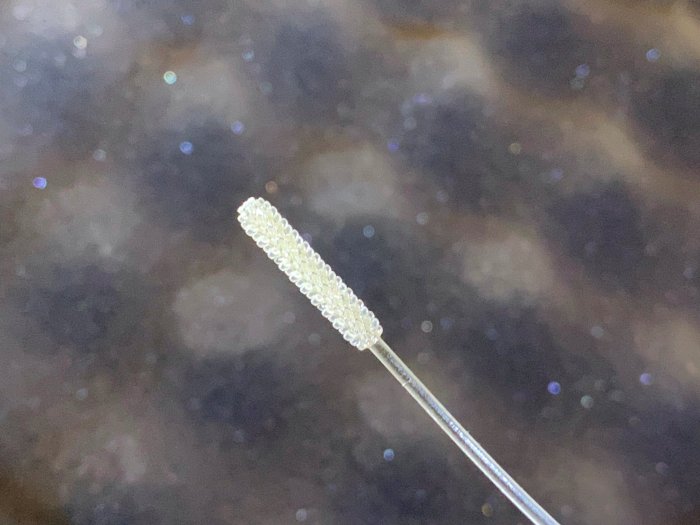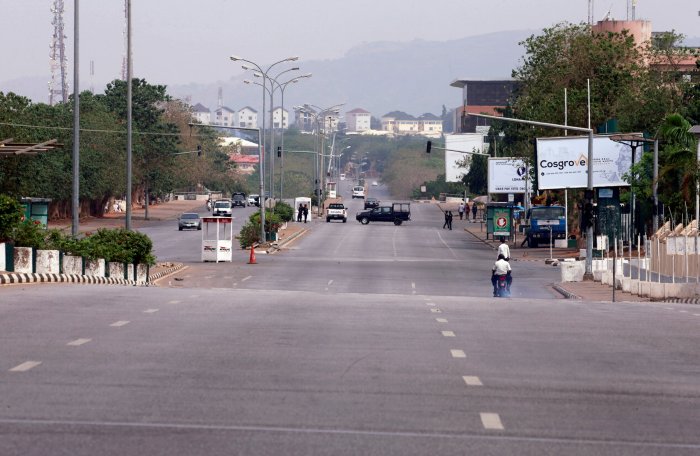WASHINGTON (Reuters) – The captain of the U.S. aircraft carrier Theodore Roosevelt, in a blunt letter, has called on Navy leadership for stronger measures to save the lives of his sailors and stop the spread of the coronavirus aboard the huge ship.
The four-page letter, the contents of which were confirmed by U.S. officials to Reuters on Tuesday, described a bleak situation onboard the nuclear-powered carrier as more sailors test positive for the virus.
The Navy puts the ship’s complement at 5,000, the equivalent of a small American town.
The letter was first reported by the San Francisco Chronicle.
Captain Brett Crozier, the ship’s commanding officer, wrote that the carrier lacked enough quarantine and isolation facilities and warned the current strategy would slow but fail to eradicate the highly contagious respiratory virus.
In the letter dated Monday, he called for “decisive action” and removing over 4,000 sailors from the ship and isolating them. Along with the ship’s crew, naval aviators and others serve aboard the Roosevelt.
“We are not at war. Sailors do not need to die. If we do not act now, we are failing to properly take care of our most trusted asset – our sailors,” Crozier wrote.
U.S. officials, speaking on condition of anonymity, told Reuters that nearly 80 people aboard the ship had tested positive for the coronavirus, a number likely to increase as all personnel on the ship are tested.
Still, the Navy declined to confirm exactly how many people aboard the Roosevelt had been infected
The carrier was in the Pacific when the Navy reported its first coronavirus case a week ago. It has since pulled into port in Guam, a U.S. island territory in the western Pacific.
U.S. Defense Secretary Mark Esper said on Tuesday it was not time to evacuate the carrier, adding he had not read the letter in detail.
In an interview with CBS News, Esper did not comment directly on Crozier’s proposal, at least in the portions that aired. Asked if it was time to evacuate the carrier, Esper said: “I don’t think we’re at that point.”
Admiral John Aquilino, head of the U.S. Navy’s Pacific Fleet, told reporters that the plan was to take some sailors off the ship, test and quarantine them, clean the ship and then rotate them with those on the carrier.
He said that there would be some sailors who would be in quarantine and isolation on the vessel.
Asked if he was following what the ship’s captain wanted to do, but was not able to do it at the pace the commanding officer wanted, Aquilino said: “That is absolutely the case.”
‘NOT THE SAME AS A CRUISE SHIP’
Acting U.S. Navy Secretary Thomas Modly said he had heard about the letter on Tuesday morning and that the Navy had been working for several days to get the sailors off the ship in Guam. Modly said Guam did not have enough beds and the Navy was in talks with the local government to use hotels and set up tents.
“We don’t disagree with the (commanding officer) on that ship, and we’re doing it in a very methodical way because it’s not the same as a cruise ship … that ship has armaments on it, it has aircraft on it,” he said on CNN.
Reuters reported last week that the U.S. military had decided it would stop providing some of the more mission-specific data about coronavirus infections within its ranks, citing concern the information might be used by adversaries as the virus spreads.
The Roosevelt is just the latest example of the spread of the virus within the U.S. military. Navy officials say that sailors onboard a number of ships have tested positive, including an amphibious assault ship at port in San Diego.
The first U.S. military service member, a New Jersey Army National Guardsman, died on Saturday from COVID-19, the disease caused by the coronavirus, the Pentagon said on Monday.
As of Tuesday, 673 active-duty service members had tested positive for the coronavirus, an increase of more than 100 from the previous day, the Pentagon said in a statement.
(Reporting by Idrees Ali and Phil Stewart; Additional reporting by Susan Heavey; Editing by Jonathan Oatis and Peter Cooney)

























